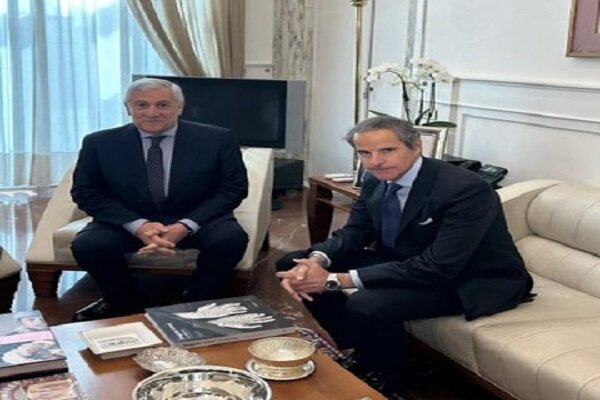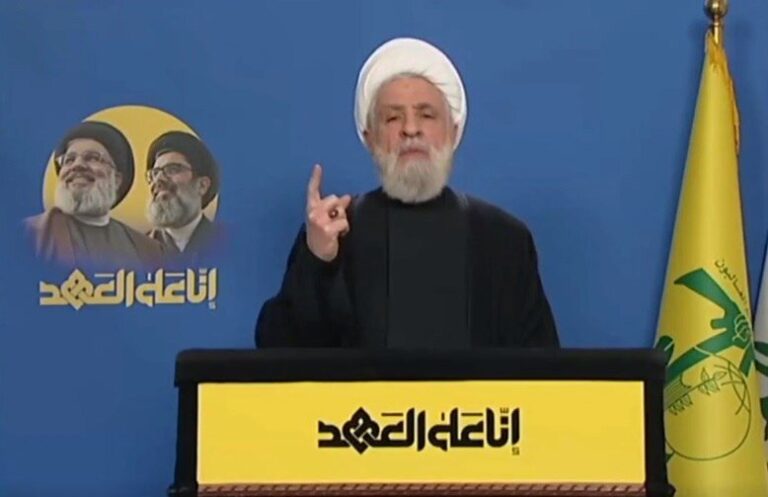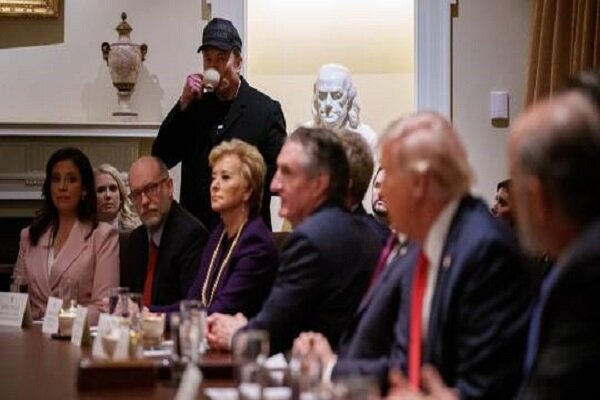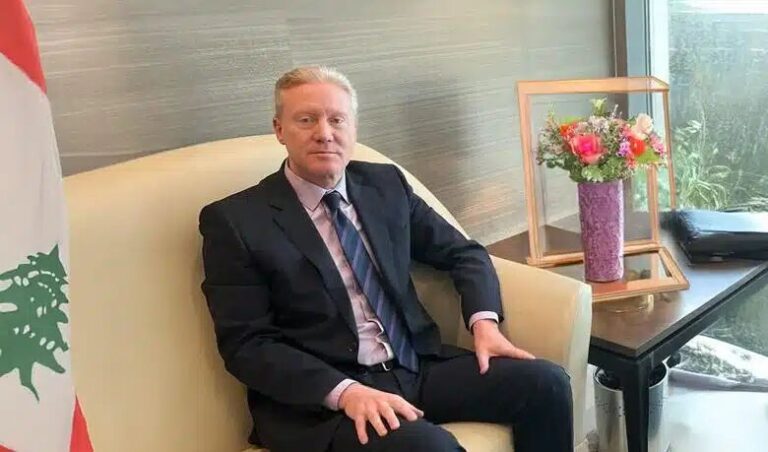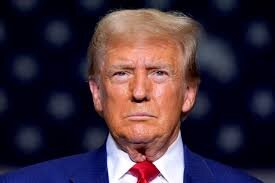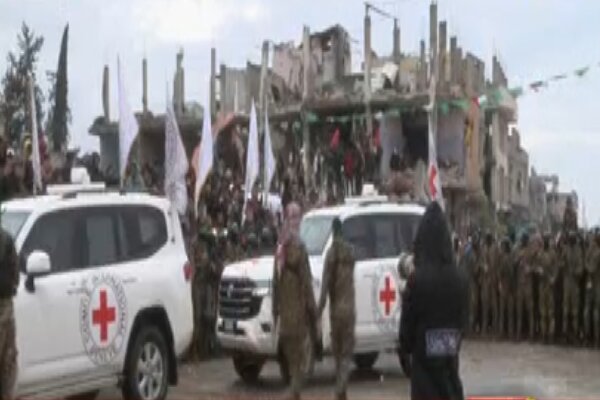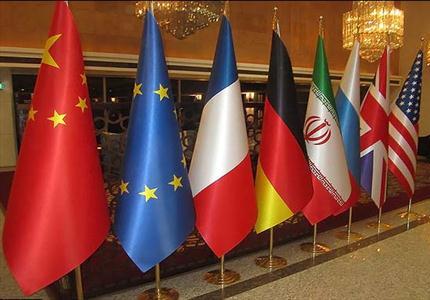IAEA Chief Engages Italian Foreign Minister in Strategic Talks in Rome
In a recent development regarding the Iranian nuclear program, IAEA Chief Rafael Grossi emphasized the importance of diplomacy in a post on X. His meeting with Italian Foreign Minister Antonio Tajani in Rome highlights Italy’s growing role in international peace efforts, especially during these crucial negotiations.
Grossi stated, “I welcome Italy’s constructive and increasingly relevant role in support of peace at a critical moment when diplomacy is much needed.” This statement underscores the vital role that international collaboration plays in navigating the complexities of nuclear negotiations.
During his visit to Rome, Grossi was present as negotiators from the United States and the Islamic Republic of Iran engaged in indirect talks at the Omani Embassy. These discussions center on the Iranian nuclear program and the implications of U.S. sanctions.
The current round of negotiations marks the second session of indirect talks, once again mediated by Oman, similar to the first round which took place in Muscat. This continued mediation underscores Oman’s commitment to facilitating dialogue between the two nations, fostering an environment conducive to negotiation.
Key highlights from this diplomatic engagement include:
- Grossi’s Meeting: The IAEA Chief met with Italian Foreign Minister Antonio Tajani to discuss Italy’s role in peace efforts.
- Indirect Negotiations: Ongoing talks between the U.S. and Iran focus on the nuclear program and sanctions.
- Omani Mediation: Oman continues to play a crucial role in mediating between the two countries.
Prior to Grossi’s meetings, Iranian lead negotiator and Foreign Minister Abbas Araghchi also met with Tajani. This meeting further emphasizes the collaborative efforts among nations to address the pressing issues surrounding Iran’s nuclear ambitions and the associated geopolitical tensions.
This diplomatic initiative is occurring at a time when the global community is increasingly focused on nuclear non-proliferation and the stabilizing of regions affected by nuclear tensions. The ongoing dialogue aims to create a framework where mutual concerns can be addressed, potentially leading to a resolution that benefits all parties involved.
As the discussions progress, the international community is watching closely. The outcome of these indirect negotiations could have significant implications not only for U.S.-Iran relations but also for global security and diplomatic relations in the Middle East.
In conclusion, the meetings in Rome signify a pivotal moment in the ongoing negotiations concerning Iran’s nuclear program. With strong diplomatic efforts from nations like Italy and the mediating role of Oman, there is hope for a peaceful resolution. The commitment from all parties to engage in constructive dialogue is essential in these critical times.
As we move forward, it will be crucial to monitor the developments of these negotiations and the international response. The role of diplomacy in resolving such complex issues cannot be overstated, and the world awaits the outcomes of these significant discussions.
